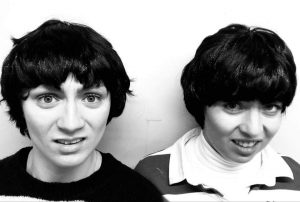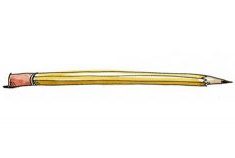
For my final year, I conducted an Independent Practice as Research (IPAR) project. This module allowed to demonstrate my autonomy as a maker, researcher and scholar and also taught me to identify myself as a thinker, doer, and maker in a lineage of contemporary theatre works. My investigation from “The Zen Clown” and working collaboratively in “Ten House Parties” led me to make a collaborative piece of physical theatre that embodies the spirit of clowning. In this module I learned that, when creating, I must remain playful. There it is again. The ‘P’ word. It’s the truth! In the context of this work, finding pleasure in play is what was important. Finding out what makes me unique and funny. Finding the pleasure in existing in a world where my playful impulses are louder than my inner critic telling me how silly it is. Finding pleasure in the feeling of enthusiasm outweighing the feeling of fear.
Filthy Gorgeous (2020) is a literal and physical exploration of women in comedy. Politically, it highlights the representation of women, or lack there of, in comedy. When researching what kind of show to create, there was a bit of a ‘gap in the market’ for a clown show that subtly challenges the patriarchal and hierarchal systems that exist in modern culture. The show, essentially, is an attempt to play with the male gaze and how it feels to be a woman existing in modern culture. Maintaining the innocence of individual clown personas, the performers shift between empowering the gaze and regaining the power for themselves. The work is joyful and light hearted with a political edge.
I took the opportunity to identify my work in relation to other contemporary performance works. Artist Dan Watson and performer Peter Shub were key influences that helped me to playfully braid together choreographic techniques and the spontaneous essence of clowning. I used these artists to converse with the work I was creating so that when I found myself stuck in a creative rut, I had inspiration and could think “what would they do?”.
The Independent Practice as Research Project has given me an appreciation for both the process as well as the final performance. I wish to continue to work playfully and joyfully in order to probe socio-political issues.
Moving forward into my teaching career, IPAR has taught me what it truly feels like to be a drama student. Creating a performance from nothing, using all that’s available to you from news articles to the way you put on your socks, working alongside other artists, managing time effectively and efficiently, rehearsal planning, turning up, being positive, saying yes to ideas, being kind. The value of the IPAR process has been invaluable as the frustrations and joys are things that make me relatable to my own students creating their own work. I can look back to the process and appreciate their hard work, suggest what to do next, remain positive and kind because I understand how it feels to create.
